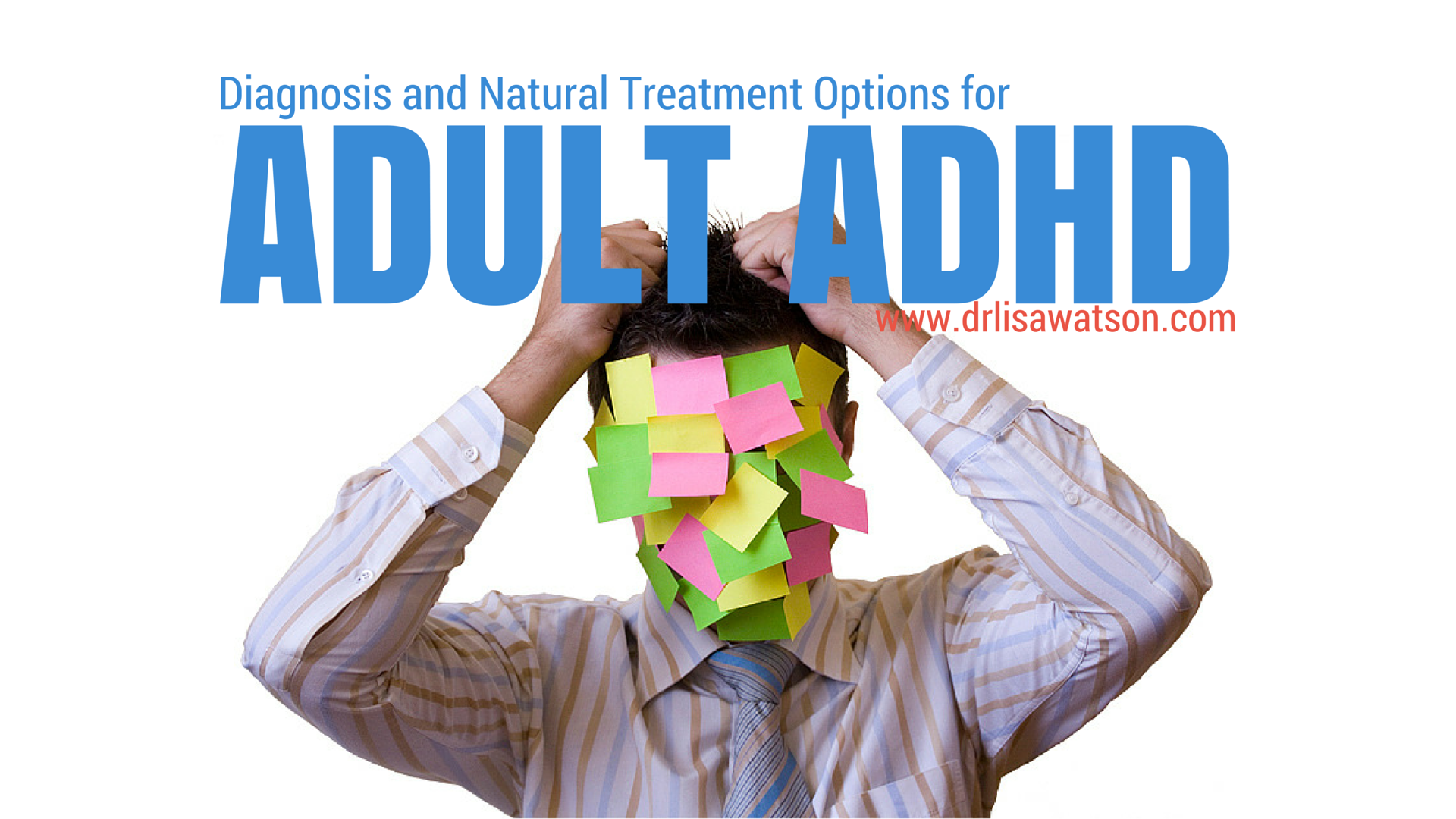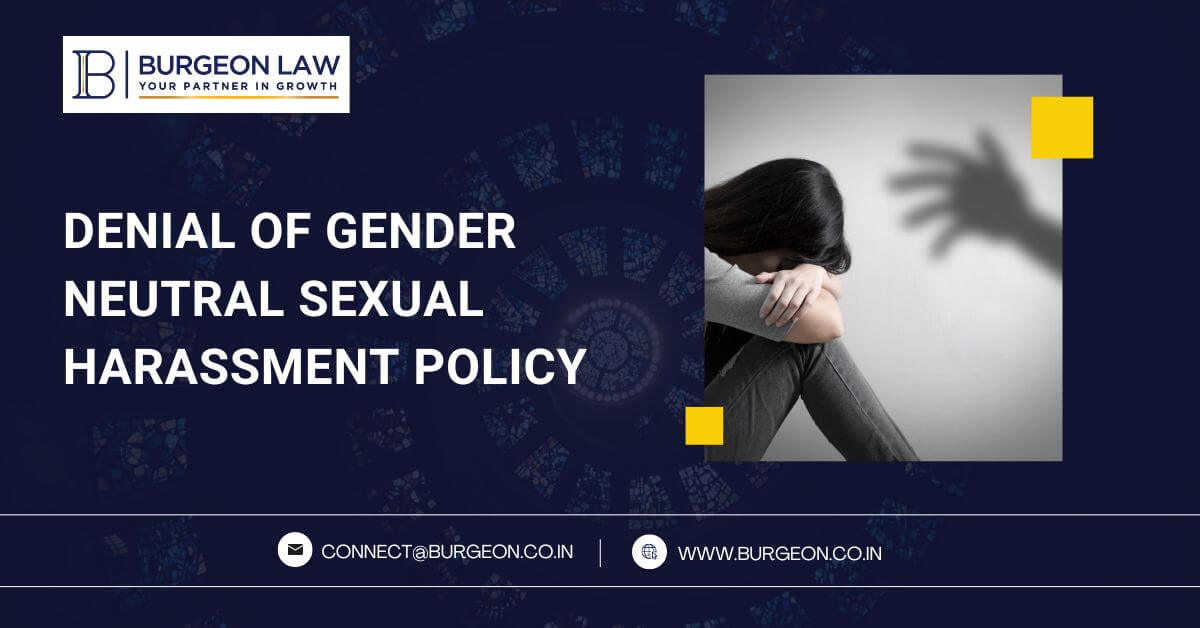Adult ADHD: Understanding Your Options After A Potential Diagnosis

Table of Contents
Confirming the Diagnosis
A potential Adult ADHD diagnosis requires careful confirmation by a qualified professional. This is a crucial step in ensuring appropriate treatment and support. Don't rely solely on online tests; a comprehensive evaluation is essential.
-
Importance of a comprehensive evaluation: A psychiatrist, psychologist, or neuropsychologist can conduct a thorough assessment considering your medical history, symptoms, and behavioral patterns. They can differentiate ADHD from other conditions with overlapping symptoms.
-
Diagnostic tools and assessments: Several methods are used to confirm Adult ADHD:
- Behavioral questionnaires: Standardized questionnaires, like the ASRS-v1.1 (Adult ADHD Self-Report Scale), provide valuable information about your symptoms and their impact on daily life.
- Clinical interviews: A detailed interview allows the professional to understand your symptoms, their onset, and their impact across different life areas (work, relationships, etc.).
- Neuropsychological testing: In some cases, neuropsychological tests may be used to evaluate cognitive functions and rule out other neurological conditions.
-
Ruling out other conditions: Symptoms of Adult ADHD can mimic those of other conditions, such as anxiety disorders, depression, and learning disabilities. A thorough evaluation helps differentiate ADHD from these conditions to ensure accurate diagnosis and tailored treatment.
-
Seeking a second opinion: If you have any doubts or uncertainties about your diagnosis, seeking a second opinion from another qualified professional is always advisable. This ensures you have a comprehensive understanding of your condition and available treatment options.
Exploring Treatment Options for Adult ADHD
Once an Adult ADHD diagnosis is confirmed, several treatment options can help manage symptoms and improve daily functioning. These options often work best in combination.
Medication Management
Medication is a common treatment approach for Adult ADHD. It's crucial to work closely with your prescribing physician to determine the best course of action.
-
Types of ADHD medication: Medications fall into two main categories: stimulants (e.g., methylphenidate, amphetamine) and non-stimulants (e.g., atomoxetine). Stimulants are often the first line of treatment, but non-stimulants can be effective for those who don't respond well to stimulants or experience significant side effects.
-
Benefits and side effects: While medication can significantly improve focus, attention, and impulse control, potential side effects vary by individual and medication. Open communication with your doctor is vital to manage any side effects effectively.
-
Finding the right medication and dosage: Finding the right medication and dosage is a process that requires patience and close monitoring. Your doctor will adjust your medication based on your response and any side effects you experience.
-
Regular monitoring: Regular check-ups are crucial to monitor your response to medication, adjust dosage as needed, and address any potential side effects.
Therapeutic Interventions
Therapy plays a vital role in managing Adult ADHD, complementing medication and addressing underlying challenges.
-
Cognitive Behavioral Therapy (CBT) for ADHD: CBT helps you identify and change negative thought patterns and behaviors associated with ADHD. It teaches coping strategies for managing impulsivity, improving organization, and enhancing time management skills.
-
Coaching and support groups: Individual coaching and group therapy sessions specifically designed for adults with ADHD provide a supportive environment to share experiences, learn coping mechanisms, and receive guidance from professionals.
-
Combining medication and therapy: The combination of medication and therapy often yields the best results. Medication can help manage core symptoms, while therapy addresses behavioral and emotional challenges.
-
Finding a therapist specializing in ADHD: It's important to find a therapist experienced in treating adults with ADHD. They possess specialized knowledge and techniques to address the unique challenges of this condition.
Lifestyle Adjustments and Support Strategies
Lifestyle changes and building strong support networks significantly impact your journey with Adult ADHD.
Lifestyle Changes
Making positive lifestyle changes can dramatically improve your ability to manage symptoms.
-
Healthy lifestyle choices: A balanced diet, regular exercise, and sufficient sleep are vital for improving overall well-being and managing ADHD symptoms.
-
Time management and organization: Techniques like time blocking, prioritization, and using task management apps can help improve organization and productivity.
-
Stress and anxiety management: Strategies like relaxation techniques, mindfulness, and yoga can help manage stress and anxiety, which can exacerbate ADHD symptoms.
-
Mindfulness and meditation: These practices can enhance focus, reduce impulsivity, and improve emotional regulation.
Support Networks
Having a strong support network is crucial for navigating the challenges of Adult ADHD.
-
Support groups and online communities: Connecting with others who understand your experiences can provide valuable emotional support, practical advice, and a sense of community.
-
Support from family and friends: Open communication with loved ones about your ADHD and its impact is crucial for building understanding and support.
-
Supportive workplace or educational environment: A supportive environment can make a significant difference in managing the challenges of ADHD in daily life. Consider discussing your needs with your employer or educational institution.
Long-Term Management and Ongoing Support for Adult ADHD
Managing Adult ADHD is an ongoing process requiring continuous effort and support.
-
Regular check-ups: Regular check-ups with your healthcare provider are essential to monitor your progress, adjust your treatment plan as needed, and address any new challenges.
-
Medication adherence: Maintaining consistent medication adherence is crucial for maximizing the benefits of treatment. Strategies like using pill organizers or setting reminders can help.
-
Adapting treatment plans: Life circumstances change, and your treatment plan may need adjustments to accommodate these changes. Regularly review your treatment with your healthcare provider.
-
Continuous self-assessment: Regularly assess your symptoms, strengths, and challenges to identify areas needing improvement or adjustments to your management strategies.
-
Resources for ongoing support: Numerous resources are available to provide continued education, support, and guidance regarding Adult ADHD management. These include online communities, support groups, and professional organizations dedicated to ADHD.
Conclusion
Receiving an Adult ADHD diagnosis can feel daunting, but understanding your options empowers you to take control of your treatment and well-being. By exploring various treatment approaches, incorporating lifestyle changes, and building strong support networks, you can effectively manage your symptoms and live a fulfilling life. Remember to actively participate in your treatment plan, communicate openly with your healthcare team, and continue learning about Adult ADHD. Don't hesitate to seek professional guidance and explore the range of options available to you to effectively manage your Adult ADHD. Take the next step toward a better understanding of your condition and find the right path for you.

Featured Posts
-
 Supreme Court Decision On Gender A Clash Of Activist Views
Apr 29, 2025
Supreme Court Decision On Gender A Clash Of Activist Views
Apr 29, 2025 -
 Iva Sofiyanska Izgonvaneto Ot Televiziyata Prichinite
Apr 29, 2025
Iva Sofiyanska Izgonvaneto Ot Televiziyata Prichinite
Apr 29, 2025 -
 Pace Of Rent Increases Slows In Metro Vancouver Housing Costs Remain High
Apr 29, 2025
Pace Of Rent Increases Slows In Metro Vancouver Housing Costs Remain High
Apr 29, 2025 -
 New Revelations Support Cardinal Beccius Claim Of Unfair Trial
Apr 29, 2025
New Revelations Support Cardinal Beccius Claim Of Unfair Trial
Apr 29, 2025 -
 President Trumps Pete Rose Pardon A Deep Dive Into The Controversy
Apr 29, 2025
President Trumps Pete Rose Pardon A Deep Dive Into The Controversy
Apr 29, 2025
Latest Posts
-
 The Family Next Door Farming Life With Amanda Clive And Their Children
Apr 30, 2025
The Family Next Door Farming Life With Amanda Clive And Their Children
Apr 30, 2025 -
 Ravenseats Recent Setbacks Amanda Owen Provides A Family Update
Apr 30, 2025
Ravenseats Recent Setbacks Amanda Owen Provides A Family Update
Apr 30, 2025 -
 New Challenges For Amanda Owen And Family At Ravenseat Farm
Apr 30, 2025
New Challenges For Amanda Owen And Family At Ravenseat Farm
Apr 30, 2025 -
 Amanda Clive And Kids A Day In The Life Of Our Farm Next Door
Apr 30, 2025
Amanda Clive And Kids A Day In The Life Of Our Farm Next Door
Apr 30, 2025 -
 Amanda Owen Facing Challenges And Sharing A Family Update From Ravenseat
Apr 30, 2025
Amanda Owen Facing Challenges And Sharing A Family Update From Ravenseat
Apr 30, 2025
